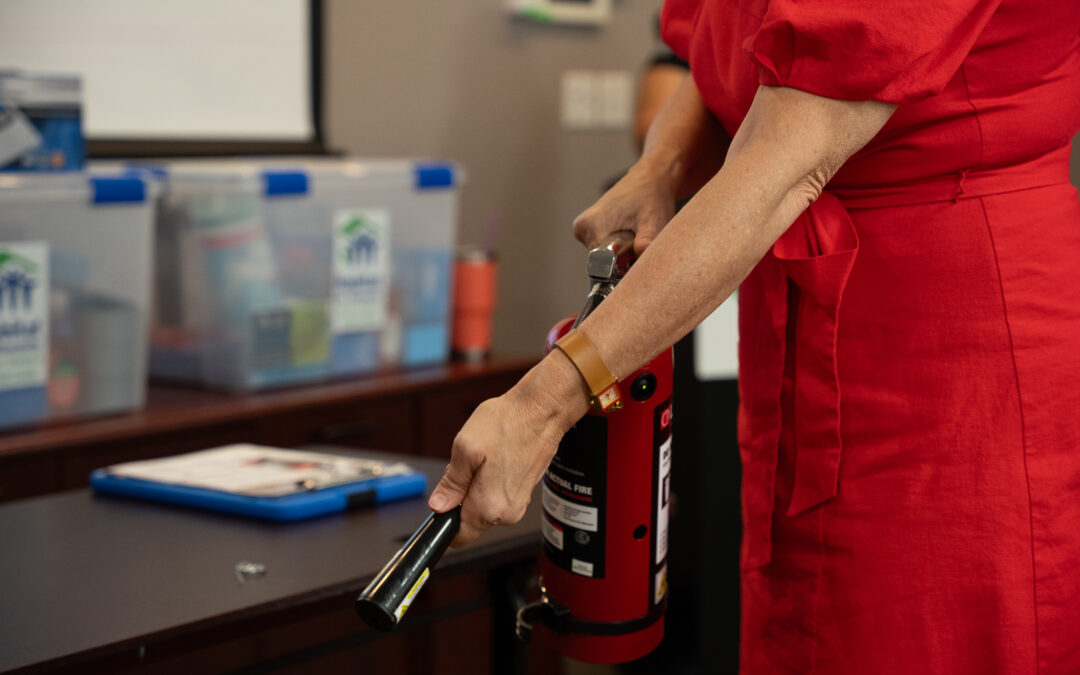House fires are a serious danger, but most can be prevented with careful planning and simple safety measures. According to fire safety experts, most home fires start in the kitchen, making fire prevention in this area essential. Always stay in the kitchen while cooking, especially when using oil, and keep flammable materials like towels or paper products away from the stove. Additionally, never leave appliances running unattended, and be sure to turn them off when you’re finished.
Smoke alarms are one of the simplest yet most effective tools in fire prevention. Ensure you have a working smoke detector in every bedroom, hallway, and on each level of your home. Test alarms monthly, replace batteries twice a year, and replace the entire unit every 10 years.
Electrical safety is also crucial in preventing fires. Avoid overloading outlets and extension cords, and always only use electrical devices that have been approved by national safety standards. If you notice frayed wires or malfunctioning electrical appliances, replace them immediately. Consider having a licensed electrician inspect your home regularly.
For homes with fireplaces or wood stoves, regular maintenance is essential. Have chimneys cleaned annually to remove any dangerous buildup of creosote, which is highly flammable. When using a fireplace, ensure the area is free of debris and always use a fire screen to prevent sparks from escaping.
Candles are another common fire hazard. If you use them, never leave them burning unattended, and keep them away from curtains, furniture, or anything that could catch fire. It’s also wise to place candles on sturdy, heat-resistant surfaces, especially if there are pets or children also living in your home.
Lastly, create and practice a fire escape plan with your family. Establish multiple exit routes, designate a meeting point outside the home, and practice the plan at least twice a year. This will help everyone stay calm and know exactly what to do in case of a fire.
By following these simple steps—proper appliance use, maintaining fire safety equipment, and ensuring a clear emergency plan—you can significantly reduce the risk of a house fire and keep your loved ones safe. For more information, visit www.redcross.org to access their library of fire safety tips.


Recent Comments